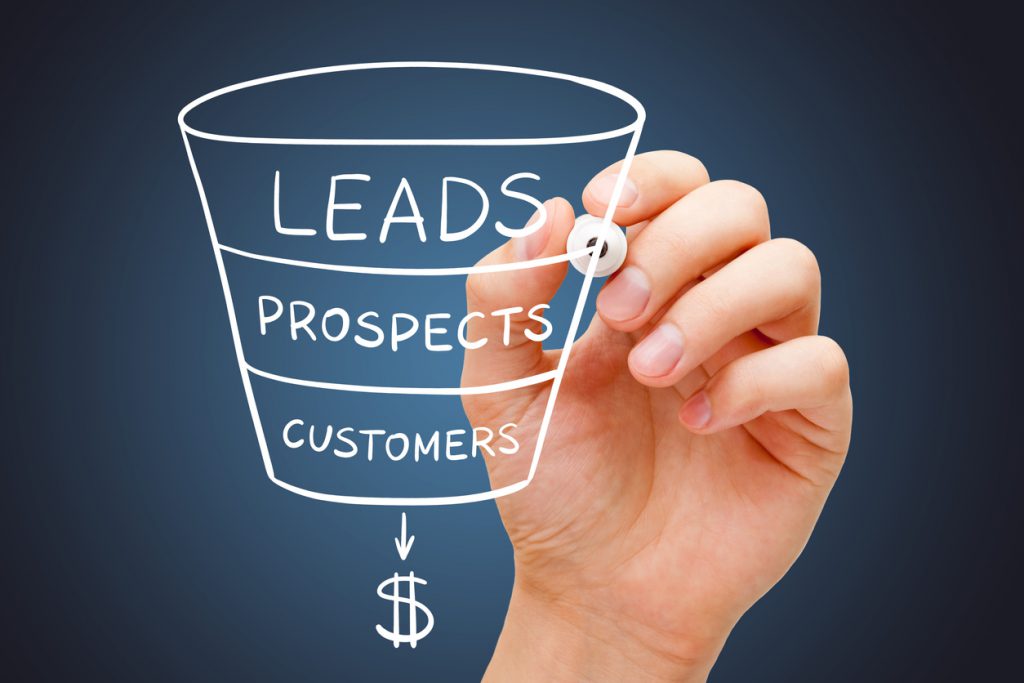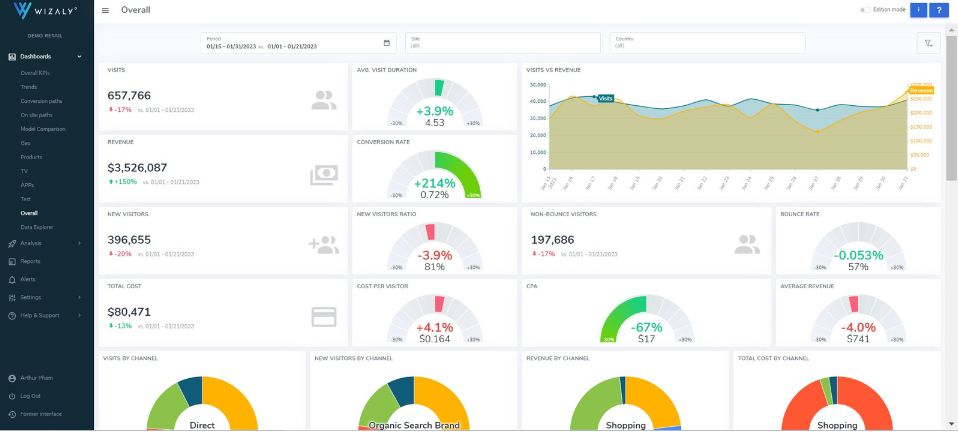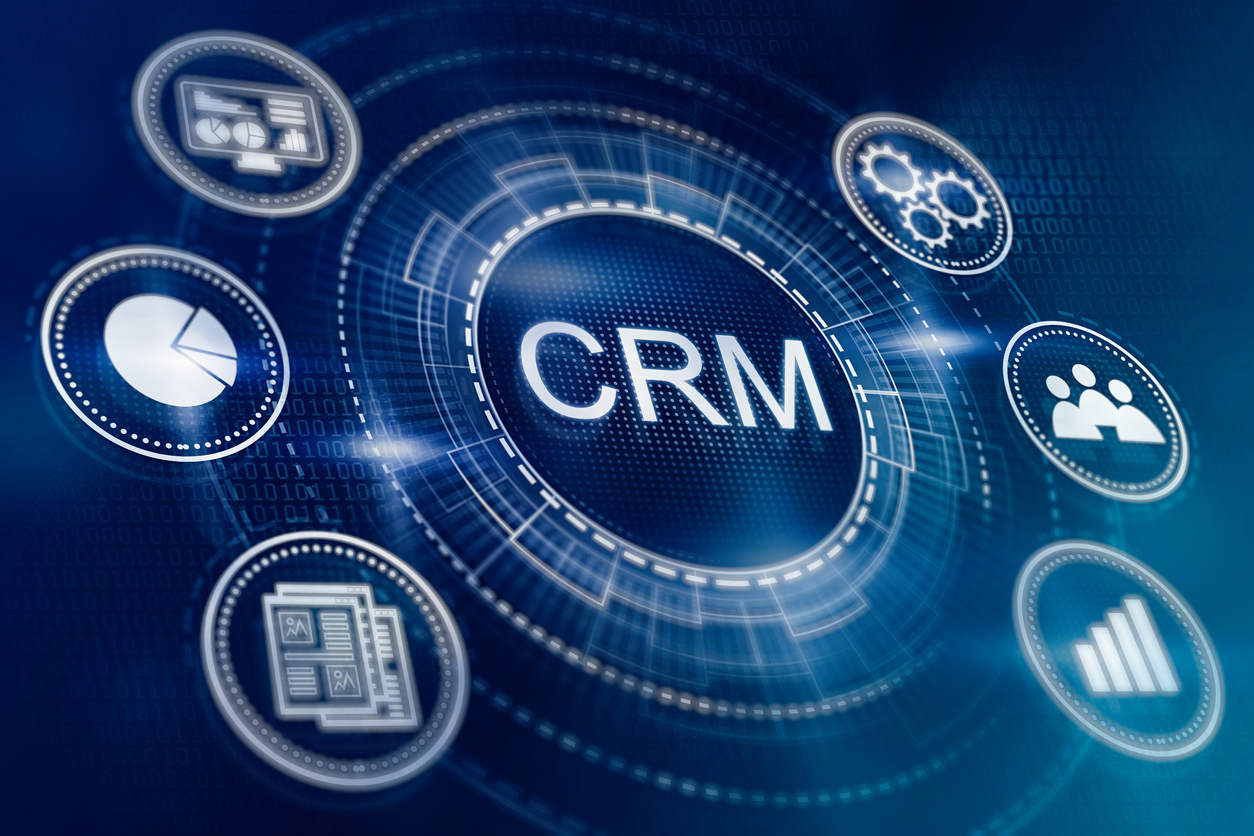In an era where customer touchpoints multiply by the day, how do marketing leaders ensure that every interaction counts? Picture this: As a director-level marketing professional, you’re tasked with deciphering the complex web of customer journeys. You’re dealing with an avalanche of data, each piece holding a clue to what drives your customers. But, are you leveraging this data to its fullest potential? How effectively are you integrating Customer Relationship Management (CRM) into your marketing attribution strategies?
This article isn’t just another piece on marketing attribution; it’s a deep dive into the pivotal role of CRM integration in understanding and optimizing your marketing strategies. We’ll explore not just the ‘how,’ but the ‘why’ of CRM in marketing attribution, offering insights that resonate with your advanced understanding of these concepts. Are you ready to unlock the full potential of your marketing data?
Exploring CRM Integration in Marketing Attribution
The integration of CRM into marketing attribution isn’t just a trend; it’s a revolution in how we understand customer interactions. But what does this mean for you, as a marketing leader? Consider the vast amount of customer data your organization collects daily. From email interactions to social media engagements, each touchpoint is a goldmine of information. Integrating CRM with your marketing attribution efforts ensures that no data point is overlooked, providing a holistic view of your customer’s journey.
However, integration isn’t just about data collection; it’s about data interpretation. How do you translate raw data into actionable insights? This is where CRM systems come into play, offering advanced analytics capabilities. By marrying CRM data with marketing attribution, you can identify not just the ‘what’ but the ‘why’ behind customer behaviors. This deeper understanding enables you to tailor your marketing strategies more effectively, ensuring they resonate with your target audience.
But the integration process does come with its challenges. The key lies in ensuring seamless data flow between your CRM and marketing attribution tools. This requires not only the right technology but also a strategic approach to data management. How are you aligning your CRM data with your marketing goals? Are you ensuring data accuracy and consistency across platforms? These questions are crucial in the effective integration of CRM into your marketing attribution strategy.
Analytics and CRM: A Synergistic Approach to Marketing Attribution
In the world of marketing attribution, analytics is the compass that guides decision-making. When integrated with CRM, analytics transcends from being a tool to a strategic ally. For a marketing expert like yourself, this synergy offers an unprecedented view of customer behaviors and preferences. But how are you leveraging this to your advantage? Are you using analytics to its full potential in interpreting CRM data?
CRM analytics provide a wealth of information, from customer purchase history to engagement patterns. By integrating these insights into your marketing attribution models, you can create more targeted, personalized marketing campaigns. This isn’t just about understanding what channels are driving conversions, but understanding the customer stories behind those conversions.
However, the synergy of CRM and analytics demands more than just technical integration; it requires a mindset shift. As a marketing leader, you’re not just a data analyst; you’re a storyteller. You’re tasked with turning data into narratives that inform and drive your marketing strategies. This means looking beyond the numbers to understand the human element of your data.

Navigating the Integration Process: CRM in the Marketing Funnel
Integrating CRM into your marketing funnel is like conducting an orchestra; every instrument must be in harmony. The integration process starts with aligning your CRM system with the various stages of your marketing funnel. This alignment is crucial for understanding the customer journey in its entirety. Are you mapping out customer interactions across all funnel stages and analyzing this data through the lens of your CRM?
But integration is more than just aligning stages; it’s about creating a seamless narrative of the customer journey. It involves ensuring that the information flow between your CRM and marketing channels is not just consistent but also meaningful. This means regularly updating and cleansing your CRM data to reflect the most accurate customer interactions.
Moreover, the integration of CRM into your marketing funnel isn’t a one-time task; it’s an ongoing process of refinement and optimization. This continuous process requires a keen eye for detail and a commitment to adapt and evolve with changing customer dynamics.
Utilizing Attribution Tools to Enhance CRM Capabilities
The use of attribution tools in conjunction with CRM systems is akin to giving a navigator the most advanced maps and instruments. These tools enhance the capabilities of your CRM, providing deeper insights into the effectiveness of your marketing strategies. But how are you selecting the right attribution tools that complement your CRM system?
The key lies in understanding the specific needs of your marketing strategies and how they align with your CRM’s functionalities. This involves assessing various attribution tools for their ability to provide clear, actionable insights that can be easily integrated into your CRM.
Furthermore, the integration of attribution tools should not be viewed simply as a means to an end but as an opportunity to expand your understanding of customer behavior. These tools, when effectively integrated with CRM, can unveil patterns and trends that might otherwise go unnoticed.
Integrating Wizaly with CRM for Comprehensive Insights
Integrating Wizaly with your CRM system is like turning on a high-definition lens on your customer data. This powerful combination allows you to track and analyze customer interactions across multiple channels, providing a holistic view of the customer journey. But it’s not just about collecting vast amounts of data; it’s about gaining actionable insights. How are you leveraging the integration of Wizaly with your CRM to drive your marketing strategies?
The integration offers a unique opportunity to understand the effectiveness of your marketing efforts in real-time. By correlating the rich data from Wizaly with customer profiles and interactions in your CRM, you gain a more nuanced view of how different touchpoints influence customer behavior and conversions.
However, the true challenge lies in interpreting this complex data landscape. It requires a strategic approach to data analysis, focusing on extracting meaningful insights rather than merely aggregating data.

Start Integrating: Practical Steps for CRM and Attribution Model Integration
Embarking on the journey of integrating CRM with your marketing attribution models is like charting a course through uncharted waters. It requires a well-thought-out plan and a clear understanding of your destination. The first step in this journey is to clearly define your marketing objectives and how they align with your CRM data. What are your key performance indicators, and how will CRM integration help you achieve these?
The next step involves evaluating your existing technology stack and identifying any gaps that need to be filled for effective integration. This might involve upgrading your CRM system, investing in new attribution tools, or both.
Furthermore, successful integration requires not just technological compatibility but also team alignment. It’s crucial to ensure that your marketing, sales, and IT teams are on the same page regarding the goals and processes of integration.
In conclusion, integrating CRM into your marketing attribution strategies is not just a tactical move; it’s a strategic imperative. It’s about harnessing the power of data to gain a deeper understanding of your customers and tailoring your marketing efforts to meet their needs more effectively. The insights gained from this integration can be transformative, leading to more targeted campaigns, improved customer engagement, and ultimately, higher conversion rates.
Remember, the key to successful CRM and marketing attribution integration lies in a strategic approach to data management, a commitment to continuous refinement, and a focus on actionable insights. By following these principles, you can turn data into a powerful tool that drives your marketing success.
As a marketing leader, now is the time to take the next step in your marketing journey. Reach out to Wizaly and discover how we can help you unlock the full potential of your marketing data through effective CRM and marketing attribution integration.



